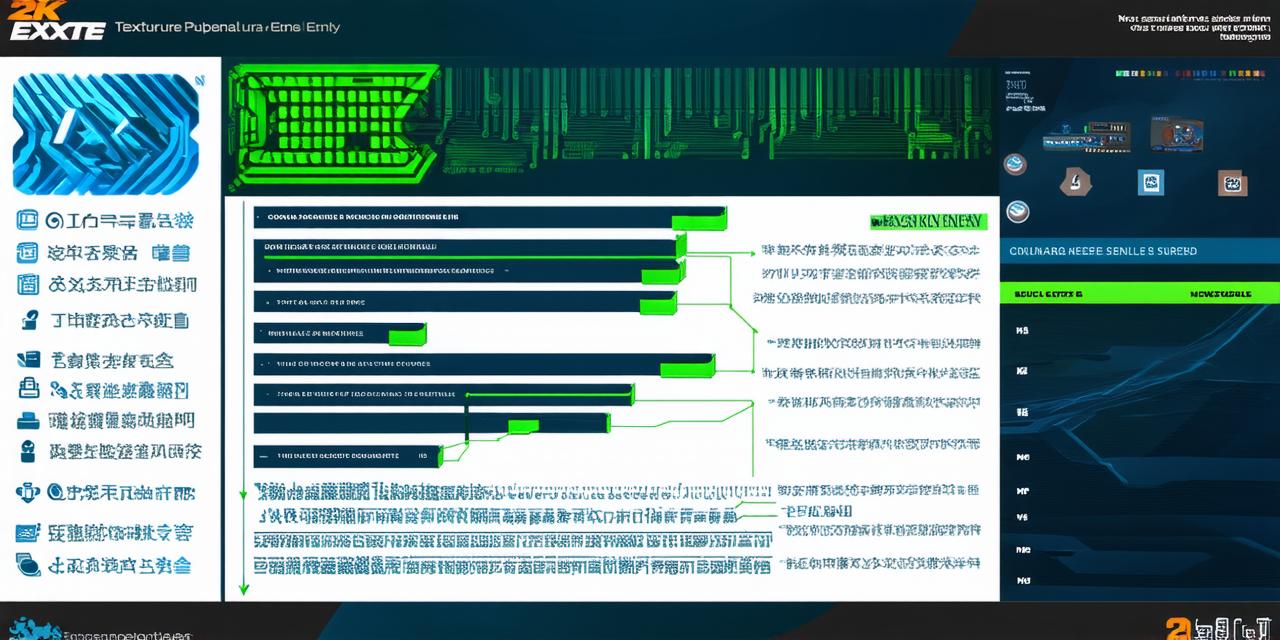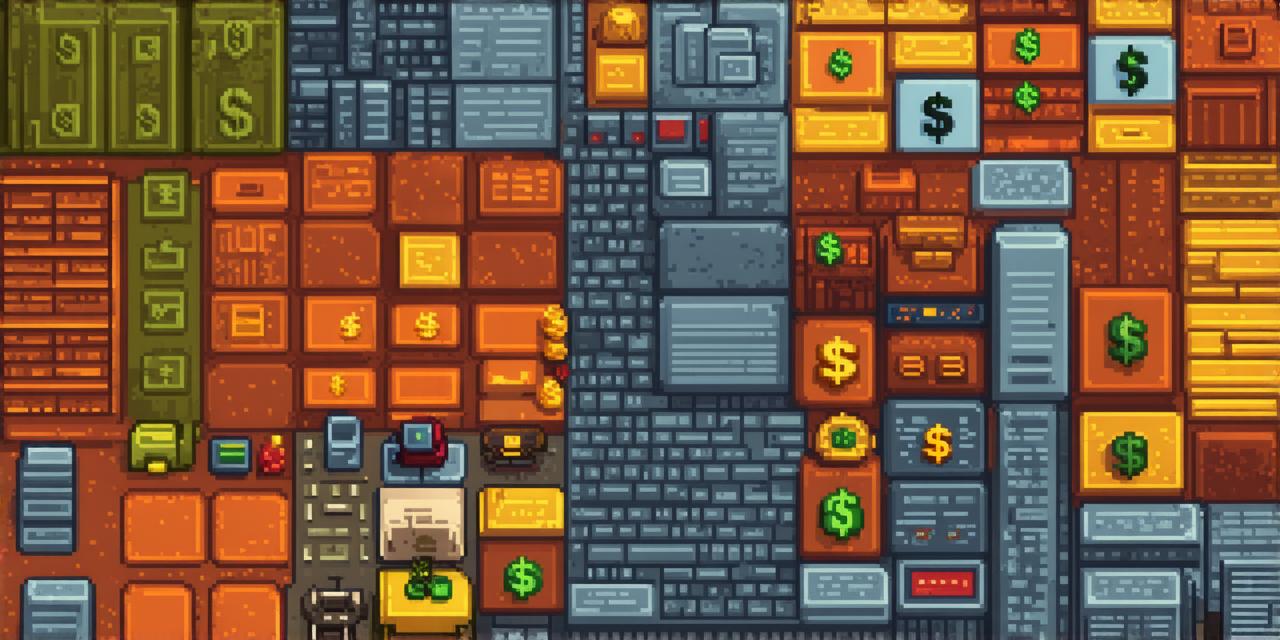
As technology advances and gaming becomes more accessible, indie game developers have emerged as a powerful force in the industry.
These small teams of passionate creators are producing some of the most innovative and exciting games of our time, challenging traditional gaming conventions and pushing the boundaries of what’s possible.
In this guide, we will explore everything you need to know about indie game developers: their history, their challenges, and their future. We’ll also take a closer look at some of the most successful indie games of all time and examine how they were developed.
Independent Game Developers: A Brief History
The history of independent game development dates back to the early days of video games. In the 1970s and 80s, small teams of programmers and artists created simple games as hobbies or for fun. These games were often created on home computers, with minimal resources and tools available.
As technology advanced, indie game development began to gain momentum. With the rise of personal computers and consoles in the 90s, more powerful hardware became available, allowing developers to create more complex and ambitious games. In addition, the growing popularity of the internet provided a platform for distribution and sales.
However, it wasn’t until the advent of digital distribution and crowdfunding in the early 21st century that indie game development really took off. Platforms like Steam and Kickstarter have made it easier than ever for independent developers to reach audiences and funding, allowing them to create games on a larger scale and with more resources.
The Challenges of Indie Game Development
Despite their successes, indie game developers face many challenges. One of the biggest is funding: most indie teams have limited financial resources and struggle to secure funding for their projects.
In addition, indie games often compete with bigger, more established studios for players’ attention, making it difficult to stand out in a crowded market.
Another challenge for indie game developers is marketing. With so many games available on digital platforms like Steam, it can be hard for independent titles to get noticed among the competition. In addition, many indie games have limited budgets for advertising and promotion, making it difficult for them to reach a wider audience.
Finally, indie game development can be a lonely and isolating experience. Many developers work on their projects alone or in small teams, which can make it challenging to share ideas, collaborate, and support each other through the challenges of creating a game from scratch.
The Future of Indie Game Development
Despite these challenges, indie game development is here to stay. With advances in technology, more powerful hardware, and new distribution channels like virtual reality, independent developers have even more opportunities to create innovative and exciting games.
In addition, the growth of esports and streaming has opened up new revenue streams for indie game developers. Many indie games are now designed specifically for competitive play, attracting a dedicated audience of players who enjoy watching and playing them.
As the gaming industry continues to evolve, we can expect to see more exciting developments from indie game developers in the years to come. Whether it’s new technologies, innovative gameplay mechanics, or groundbreaking new experiences, indie games are set to continue pushing the boundaries of what’s possible in gaming.
The Most Successful Indie Games of All Time
Throughout history, there have been many great indie games that have captured the hearts and minds of gamers around the world. Here are some of the most successful and influential indie games of all time:
- Minecraft – Developed by Markus Persson, Minecraft is one of the most popular and successful indie games of all time. It was first released in 2009 as a simple block-building game, but has since grown into a massive hit with millions of players worldwide.
- Terraria – Another popular indie sandbox game, Terraria was developed by Re-Logic and released in 2011. It features many similarities to Minecraft, but adds its own unique twist with a focus on exploration, combat, and crafting.
- Papers, Please – Created by Lucas Pope, Papers, Please is an emotionally charged indie game that puts players in the role of an immigration officer tasked with deciding who gets to enter the country. The game received critical acclaim for its thought-provoking storytelling and challenging moral dilemmas.
- Undertale – Undertale was developed by Toby Fox and released in 2015. It quickly gained a dedicated fanbase for its innovative combat system, which focuses on sparing enemies rather than fighting them. The game’s heartwarming story and memorable characters have made it one of the most beloved indie games of all time.
- This War Isn’t Over – This War Isn’t Over is a powerful indie game about the horrors



